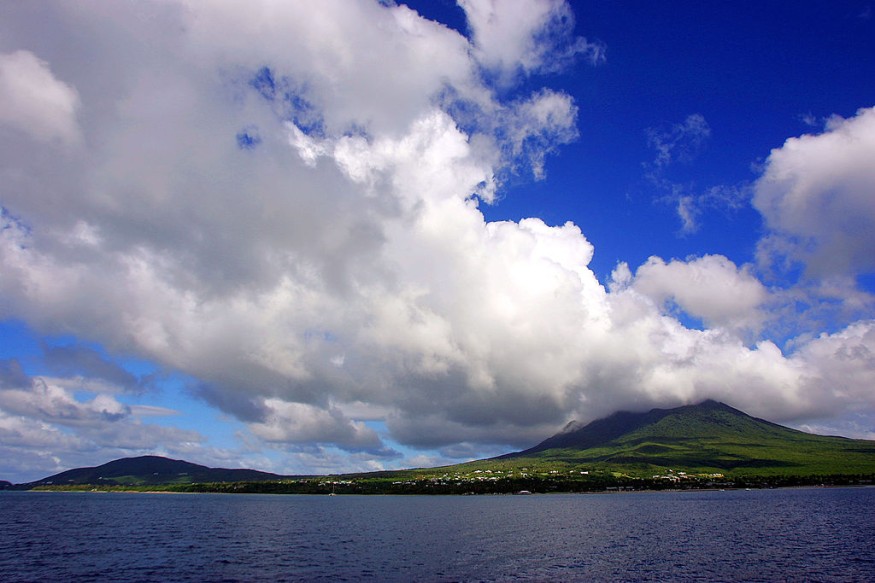St. Kitts and Nevis: Colonial Era Law Banning Gay Sex Found Unconstitutional

There was a law that criminalizes homosexual conduct in the twin island nation of St. Kitts and Nevis, and it has been around since colonial times. However, the Eastern Caribbean Supreme Court has struck down the law, finding it in violation of the Constitution.
The Eastern Caribbean Supreme Court serves as the top court for nine Caribbean countries, namely Antigua and Barbuda, the Commonwealth of Dominica, Grenada, Saint Kitts and Nevis, Saint Lucia, Saint Vincent, and the Grenadines, as well as three other British territories. Its decision cited that sexual orientation and homosexual activity are protected under the right to privacy. Therefore, the law itself violated the Constitution.
LGBTQ Activists Celebrate After Years of Discrimination
There was widespread discrimination toward the LGBTQ community in the twin island nation. The Associated Press noted that gay men avoided medical care for fear of losing their job, being assaulted, or being persecuted and stigmatized by healthcare providers, as well as the government.
St. Kitts & Nevis Alliance for Equality, a non-profit organization, together with a gay man named Jamal Jeffers, led the movement against the old colonial law by suing the attorney general. They argued that liberty allowed people to choose an intimate partner and have consensual sex with whomever they wanted.
One of their most successful arguments was that the constitutional right to privacy was not only limited to unlawful searches. The Eastern Caribbean Supreme Court agreed with them, with High Court Judge Trevor Ward stating that sections of the 1873 law, which deal with sodomy, impinge on the right to express themselves.
According to Al Jazeera News, Ward also ruled that the colonial era law was "null and void and of no force."
St. Kitts and Nevis Government Argued for Preserving the Colonial Era Law
According to the Jamaica Gleaner, the country's attorney general argued that sections 56 and 57 of Act Cap 4.21 were sensitive issues in the country's society. Therefore, Parliament should be the one to deal with the issue as it involves the protection of children, as well as several other key issues such as health and education.
The local government also argued that sexual orientation was not covered by freedom of expression and stated that tolerating gay activity would open the "floodgates" to other practices. They also argued that the laws of the islands were founded on the belief in God, so the law should be followed.
Evangelical groups have also rallied around the government, with the chairman of the Evangelical Association of St. Kitts, which represents around 30 Christian churches, filing an affidavit in support of the law. They argued that the "moral and religious fiber of the community should influence any interpretation of the Constitution."
So far, the said law was rarely invoked, as but was amended in 2012 to increase the punishment for indecent assault against men to 10 years in prison plus the possibility of hard labor. However, the court rejected the arguments of the government, as well as the Evangelicals, stating that "public morality is not synonymous with religious dogma or public opinion."
READ MORE: Cuba: Latin Grammy Winner and Dissident Artist Sentenced to Prison
This article is owned by Latin Post.
Written by: Rick Martin
WATCH: Court Rules St. Kitts & Nevis Prohibition on Gay Sex is Unconstitutional - One Caribbean Television
Subscribe to Latin Post!
Sign up for our free newsletter for the Latest coverage!

















